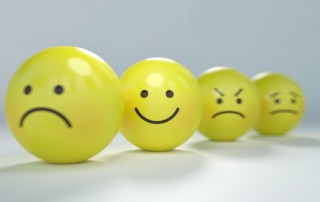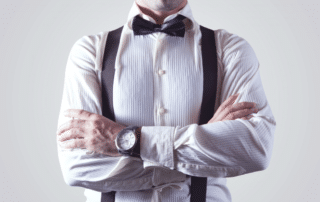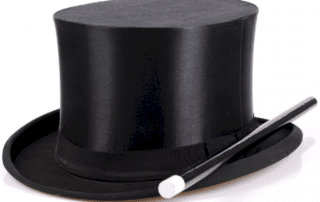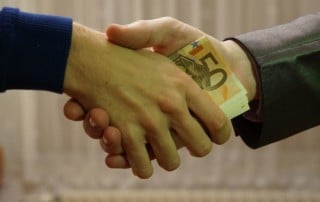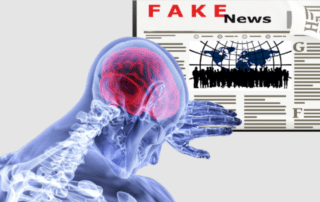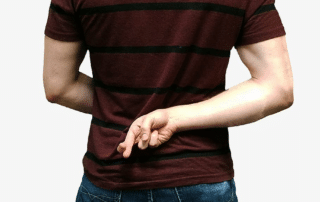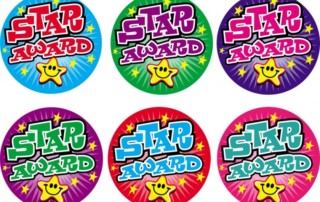Behavioural Insights and the Curious Case of Crime
Many successful behavioural policies are noteworthy for the impact they achieve with seemingly simple interventions. But complex behaviours and policy ecosystems require behavioural science practitioners to adapt their approaches. Here, Matthew Davies and Simon Ruda outline lessons in applying behavioural insights to crime reduction building on their recently published paper in Behavioural Public Policy.


